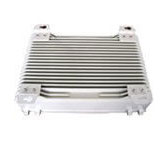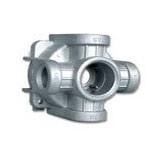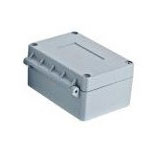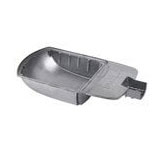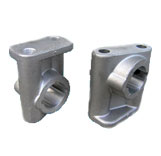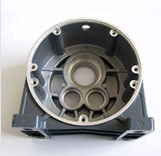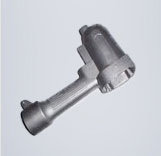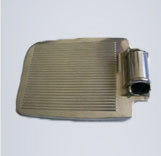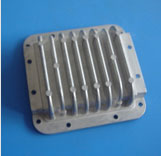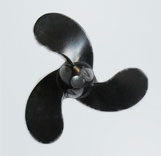Focus on Quality
Metal Casting for 15 Years
Fast sample making, Efficient mass production
24 Hour Robotic production for high quantity projects.
Aluminum Casting
Material: A380,A360,A356, ADC12, AlSi12,AlSi9Cu3, AliSi7Mg - Standards:ASTM B85, DIN1706, ASTM B597…
Zinc Die Casting
Material: ZA8, Zamak 2,3,5, ASTM B86, DIN12844
Brass Casting
Material: C85700, C85800, C87500, ASTM B176
-

Brass Box
-

Brass Die Casting Part
-

Brass Die Casting Part
-

Brass Die Casting Part
-

Brass Die Casting Part
-

Brass Die Casting Part
-

Brass Die Casting Part
-

Brass Die Casting Part
If you are looking for better mechanical properties or the product shape is too complex, we can make your product by gravity/ low pressure die casting or forging. Click on the links below to learn more.
Over the years, we have exported a variety of die casting parts to customers including public companies such as GE and Voith. We strive to maintain high quality standard and provide cost savings to customers. Depending on your application we can support die casting (hot chamber/ cold chamber), low pressure casting, forging, machining as well as surface finishing.
Contact us today for a free quote and our engineers will respond within 24 hours.

CNC Machining

Surface Finishing
Benefits of Die Casting
1>EMI, RFI Shielding and can also act as an electrical ground for circuits.
2>Speed of Production - Die Casting process is highly automated. Multi-cavity dies can also be used to speed up.
3>Long Tool Life - 100000 - 200000 parts of identical die castings can be produced from a die tooling.
4>Dimensional Precision - Dimensional tolerance are controlled by mold, thus high repeatability than machining.
5>Cost Savings - Efficient, economical process for high volume production.
6>Strength - Produces heat and wear resistant parts.
7>Good Finish - Die cast parts can be manufactured with smooth or textured surfaces, and are easily plated or powder coated.
Die Casting Versus Other Manufacturing Techniques:
-
vs. Machining
Die castings produces shapes that are difficult to make from bar or tubular stock. Die castings also require fewer operations and reduce material scrap. For mass production, it results in cheaper unit price. However, die casting surface is not as smooth/ shiny as machined surface, and die casting is usually only economical when order quantity is above 1000 units.
-
vs. Stamping
Die casting produces more complex shapes and with variations possible in section thickness. One die casting part may replace several stamping parts and resulting in reduced assembly time and continuous/ leak-free surface. However, stamping mold is cheaper and stamping is a faster process, and die casting walls are thicker than stamping.
-
vs. Plastic Injection Molding
Die casting produces stronger part with more precision that have greater stability and durability. It also has better heat conductivity, work in wider temperature range and superior electrical conductivity.
-
vs. Forgings
Die castings produce more complex shapes than forging and die casting is more precise than forging. It also results in thinner walls, which means lighter weight, more space and less material cost. However, die casting is not as strong as forging. Material is also not as dense after die casting.
-
vs. Sand Castings and Permanent Mold Casting
Die castings results in closer dimensional tolerances and smoother surfaces. Production is faster and finishing costs are also less. But die casting can only work with thin wall applications and die casting mold is pricier.

